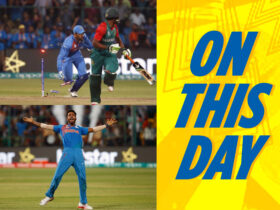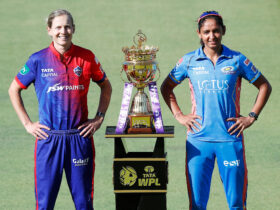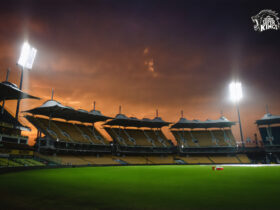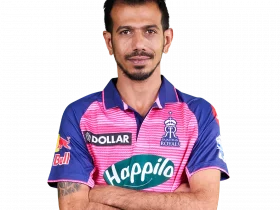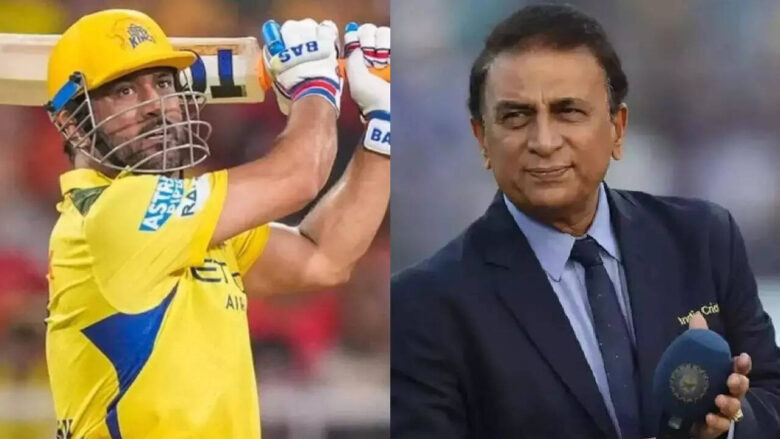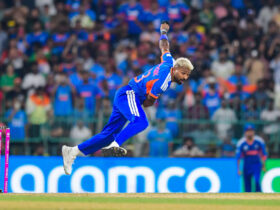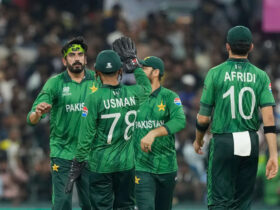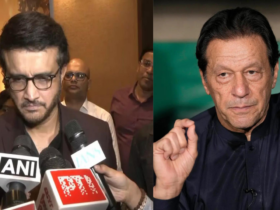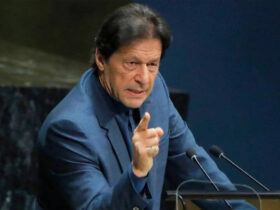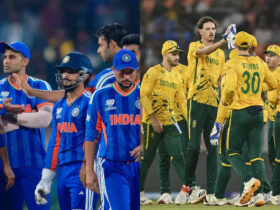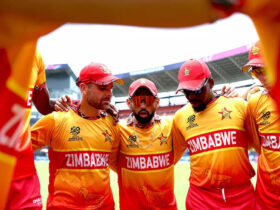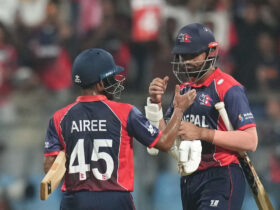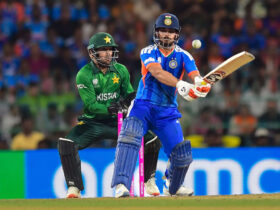Sunil Gavaskar Slams BCCI Over MS Dhoni Rule Change, Calls for Cap on Uncapped Player Salaries in IPL
In a scathing critique of the Board of Control for Cricket in India (BCCI), cricket icon Sunil Gavaskar has raised serious concerns over the board’s decision to alter rules, seemingly to accommodate MS Dhoni ahead of the IPL 2025 season. Writing in his column for Sportstar, Gavaskar warned that the recent trend of soaring salaries for uncapped players could jeopardize the long-term health of Indian cricket.
The controversy stems from the BCCI’s decision to reinstate a rule—previously scrapped in 2021—that classifies an Indian player as ‘uncapped’ if they have not played international cricket in the past five years. This adjustment allowed Chennai Super Kings (CSK) to retain their legendary captain, MS Dhoni, for a reported fee of Rs 4 crore under the uncapped player category. Gavaskar described this as a move driven by convenience over merit, stating, ‘To accommodate Mahendra Singh Dhoni, who became an uncapped player before last year’s auction, the retention limit for such players was raised to Rs 4 crore.’
Gavaskar’s critique goes beyond just the rule change for Dhoni. He questioned the wisdom of spending exorbitant amounts on unproven talent at the IPL auction, arguing that many uncapped players fail to live up to their hefty price tags. ‘A whole lot of players bought for huge sums simply fade away as their hunger and drive are satiated after the big payout,’ he wrote. He further emphasized the ripple effect on Indian cricket, noting, ‘The game takes a beating with the loss of any player, whether successful or not, due to misplaced priorities.’
Drawing from decades of observation, the former Indian captain pointed out that rarely has an uncapped player, purchased for a massive fee, justified their inclusion in the team. He suggested that players often perform better when the pressure of a high price tag is lifted, showcasing their true potential in subsequent seasons at lower costs. For context, players like Yashasvi Jaiswal—who was picked by Rajasthan Royals for Rs 2.4 crore in 2020 as an uncapped talent—proved their worth over time, eventually earning a national call-up and becoming a Test sensation.
Urging the BCCI to reconsider its stance, Gavaskar called for a strict salary cap on uncapped players to prevent financial overreach and ensure a balanced ecosystem in the IPL. ‘The long-term interests of Indian cricket must outweigh short-term conveniences or individual benefits,’ he argued, highlighting the need to nurture genuine talent over inflating market values.
This debate comes at a critical juncture as the IPL continues to redefine cricket economics globally. With franchises shelling out millions—sometimes over Rs 10 crore for uncapped domestic players—the sustainability of such investments remains under scrutiny. According to BCCI data, uncapped player retentions and bids have risen by nearly 40% since the rule’s reintroduction, sparking discussions on whether this fuels inflation or genuine growth in talent discovery.
As the IPL 2025 auction approaches, Gavaskar’s words resonate as a reminder of the delicate balance between rewarding potential and safeguarding the game’s grassroots. Will the BCCI heed the advice of one of India’s greatest-ever batsmen, or will the lure of star power and market dynamics continue to shape policy? Only time will tell, but for now, the spotlight remains firmly on Dhoni and the uncapped conundrum.


